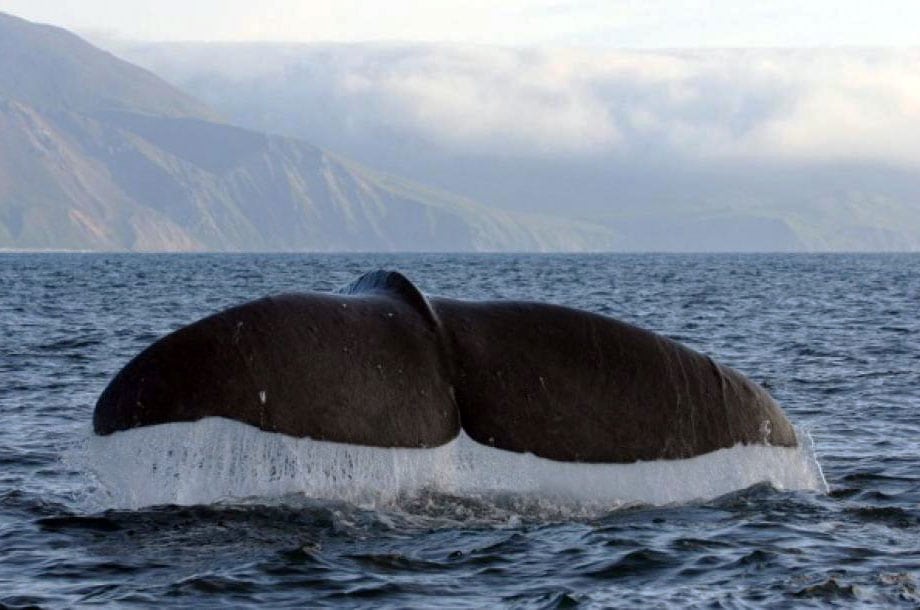New York, 29 March—The first negotiating session of a Preparatory Committee established by the General Assembly to discuss the elements of a draft text of a legally binding instrument to improve the conservation and sustainable use of marine biological diversity in the world’s oceans in areas beyond national jurisdiction will take place from 28 March-8 April 2016.
The negotiations follow scientific assessments showing that the world’s marine biodiversity is increasingly threatened by human activities.
The negotiations, which will include governments, intergovernmental organizations, civil society and business, will continue through to the end of 2017, when the Preparatory Committee will present its report on the elements of a draft text for a new instrument to the United Nations General Assembly.
The Preparatory Committee will be chaired by Eden Charles, Chargé d´affaires at the Permanent Mission of Trinidad and Tobago to the United Nations.
At the opening of the meeting, United Nations Legal Counsel, Miguel de Serpa Soares, stressed the importance of marine biodiversity for the health of our planet and life on earth and stated that we had reached a turning point in relation to the oceans.
The new legal instrument would come under the 1982 United Nations Convention on the Law of the Sea, which, since its entry into force in 1994 governs all matters related to the use of ocean space, including limits of and jurisdiction over maritime spaces, navigational rights, exploration and exploitation of resources on the seabed beyond the limits of national jurisdiction, conservation and management of marine living resources, protection and preservation of the marine environment, marine scientific research, development and transfer of marine technology and settlement of disputes between States.
The negotiations will focus on several key issues, namely, marine genetic resources including questions on the sharing of benefits, measures such as area-based management tools, including marine protected areas, environmental impact assessments as well as capacity-building and the transfer of marine technology.
Discussions leading up to the present negotiations have been ongoing since 2006, with the General Assembly in 2015 agreeing on a resolution (69/292) stressing the need for the comprehensive global regime to better address the conservation and sustainable use of marine biological diversity of areas beyond national jurisdiction.
The first World Ocean Assessment released in 2015 found widespread evidence of particularly strong negative trends in marine biodiversity. The Assessment stated that delays in implementing solutions to the problems that have already been identified as threatening to degrade the world’s oceans will lead, unnecessarily, to incurring greater environmental, social and economic costs.
The report found that the sustainable use of the oceans cannot be achieved unless the management of all sectors of human activities affecting the oceans is coherent. “Human impacts on the sea are no longer minor in relation to the overall scale of the ocean. A coherent overall approach is needed.”
For more information, please contact Dan Shepard, UN Department of Public Information, email shepard@un.org; tel 1 212-963-9495

